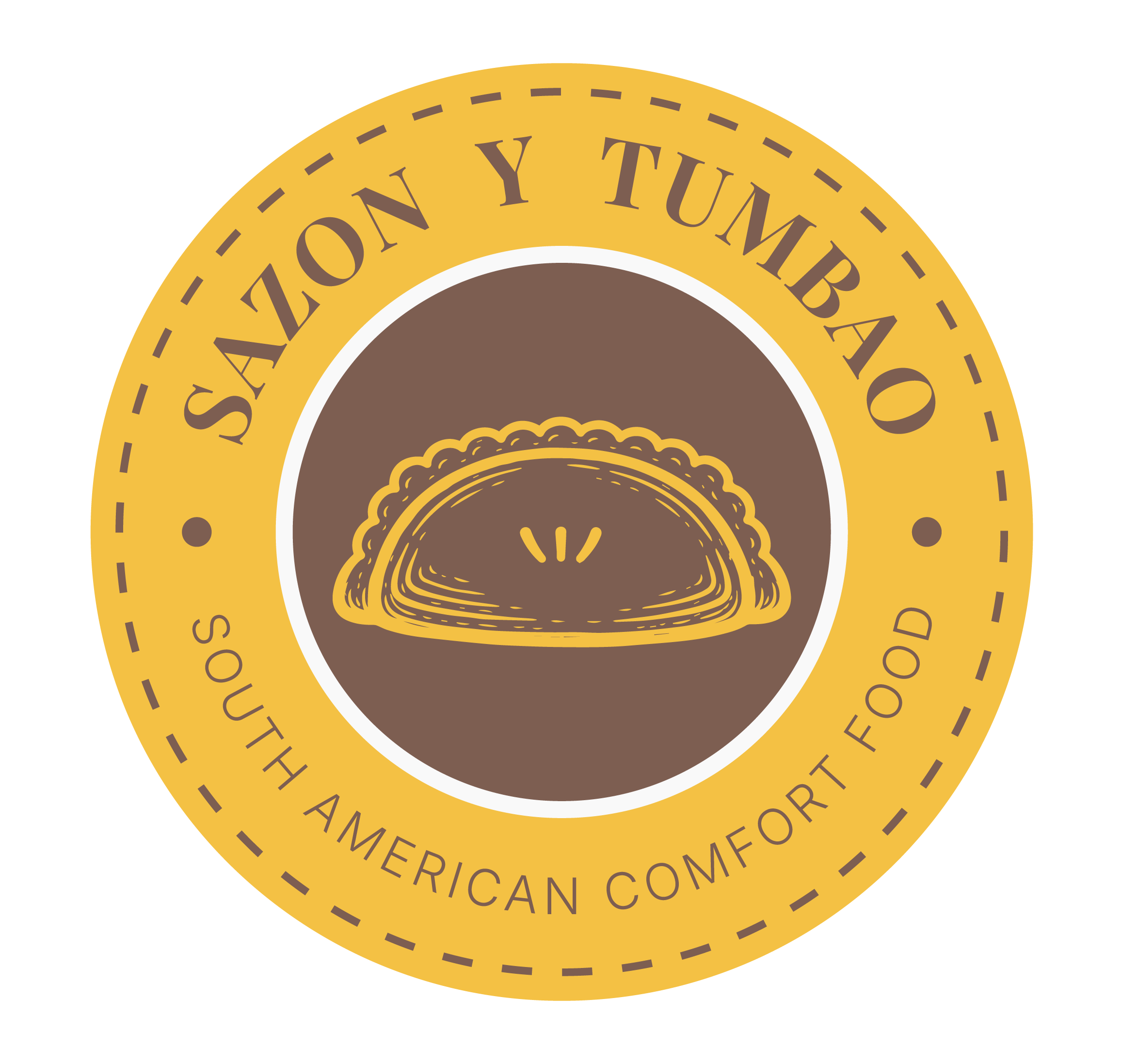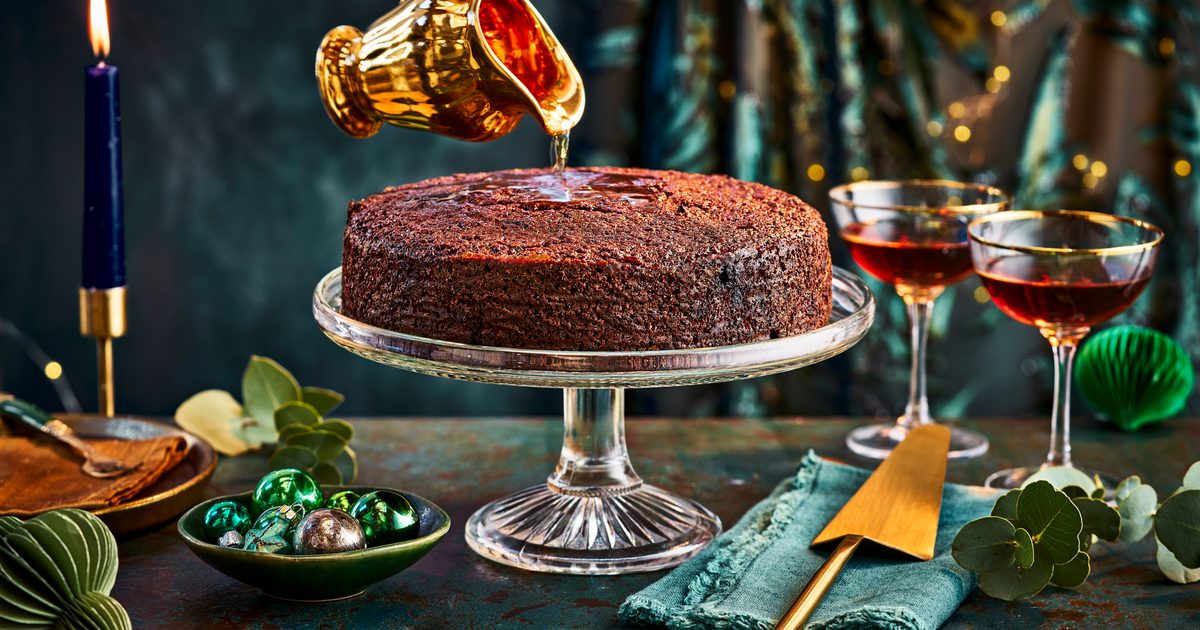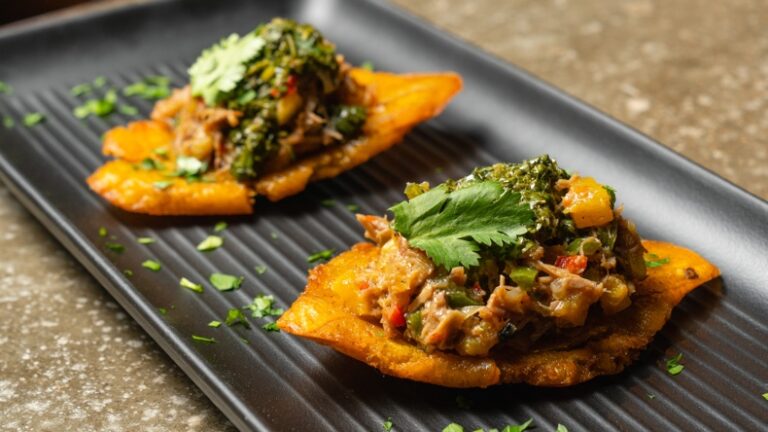More Than a Drink — Rum as a Cultural Symbol
When you think of the Caribbean, what comes to mind? Probably turquoise beaches, reggae beats, spicy food—and a glass of smooth, dark rum.
But here’s what many people don’t realize: In the Caribbean, rum is more than just a party drink.
It’s a cultural icon, a historical marker, and an essential ingredient in the region’s culinary identity.
From marinades to desserts to festive punches, rum plays an important role in Caribbean kitchens and communities.
In this article, we’ll explore the rich history, diverse culinary uses, and cultural significance behind the role of rum in Caribbean culinary traditions.

A Brief History of Rum in the Caribbean
The Birth of Rum
The story of rum begins in the 17th century, when European colonizers established sugarcane plantations in the Caribbean. When sugar was processed, a byproduct called molasses was left behind. At first, plantation owners didn’t know what to do with it—until enslaved Africans and workers discovered that molasses could be fermented and distilled into alcohol.

Rum was born.
The earliest recorded rum production dates back to Barbados in 1650.
Rum, Slavery, and the Economy
Rum’s history is tightly linked to the Atlantic Slave Trade.
It became a key player in the so-called “Triangular Trade”:

- Sugar was grown in the Caribbean.
- Molasses from sugar was distilled into rum.
- Rum was traded to Africa in exchange for slaves.
- Slaves were brought to the Caribbean to work sugar plantations.
It’s a dark and painful legacy, but understanding it is crucial to appreciating rum’s cultural weight today.
Rum in Caribbean Culture: More Than a Beverage
A Symbol of Freedom and Resistance
After slavery was abolished, rum shifted from being an economic commodity to a symbol of freedom, identity, and resilience.
Today, it’s not just a drink—it’s woven into:
- Carnival celebrations
- Community gatherings
- Religious rituals
- Culinary traditions
Rum’s Place in Social Life
In Caribbean culture, rum is a social connector. It’s what you bring to:
- A family BBQ
- A beach lime (hangout)
- A late-night domino game
And more than that, it’s what flavors the food on your plate and the dessert on your table.
Culinary Uses of Rum in the Caribbean
Cooking with Rum: The Basics
In Caribbean kitchens, rum isn’t just for drinking—it’s an essential cooking ingredient.
It adds:
- Sweetness
- Warmth
- Complexity
- A signature island flavor
Here’s how Caribbean cooks use rum:
Rum in Marinades and Sauces

Rum-Infused Jerk Marinade
Some Caribbean chefs add a splash of dark rum to their Jerk Chicken marinade to enhance:
- The smokiness of the meat
- The depth of the spice rub
- The sweetness of the brown sugar and Scotch bonnet combo
Rum BBQ Sauces
In places like Trinidad and Barbados, rum often finds its way into homemade BBQ sauces.
It adds a subtle kick, balances the heat, and caramelizes beautifully when grilled.
Rum in Sweet Caribbean Dishes
No Caribbean dessert table is complete without something rum-soaked.
Rum Cake (Black Cake)
Black Cake is a Caribbean Christmas classic.
It’s made with:
- Dried fruits soaked in rum (sometimes for months!)
- Brown sugar
- Spices
- Dark rum added to the batter
It’s rich, dense, and full of history.

Rum-Soaked Fruits & Desserts
Other desserts that use rum:
- Rum Raisin Ice Cream
- Bread Pudding with Rum Sauce
- Bananas Flambéed in Rum
The goal? To create that unmistakable Caribbean warmth in every bite.
Rum in Caribbean Beverages
Let’s not forget the obvious: rum as a drink. But even here, the recipes are culinary art.
Rum Punch
Every Caribbean island has its own Rum Punch recipe.
The basic formula is poetic:
“One sour, two sweet, three strong, four weak.” Typically:
- Sour: Lime juice
- Sweet: Simple syrup or grenadine
- Strong: Rum (of course!)
- Weak: Water or fruit juice
Mauby and Rum
Mauby is a traditional Caribbean drink made from tree bark and spices.
In many households, a splash of rum is added for an extra kick.
The Ritual and Ceremony of Rum
Religious and Spiritual Uses
In some Caribbean religious practices, especially in Afro-Caribbean religions like Vodou, Santería, and Obeah, rum is used in:
- Spiritual offerings
- Purification rituals
- Ancestral ceremonies
It’s poured on the ground as a libation to honor ancestors and spirits.

At Caribbean funerals, it’s common to pour a little rum on the ground to honor the departed.
At parties, a bottle is passed around to toast to life, love, and freedom.
Rum Brands and Regional Differences
Each island has its own rum heritage:
- Jamaica: Known for strong, funky overproof rums like Wray & Nephew.
- Barbados: The birthplace of rum, with refined, smooth options like Mount Gay.
- Puerto Rico: Home of Bacardí, one of the world’s most famous rum brands.
- Trinidad: Angostura rum, also famous for bitters.
- Martinique & Guadeloupe: Known for Rhum Agricole, made from sugarcane juice rather than molasses.
Each island’s rum tells its own story—and it’s reflected in their culinary uses.

Health and Rum: Myth vs. Reality
Is Cooking with Rum Healthy?
When you cook with rum:
- Most alcohol burns off, leaving behind flavor.
- Dishes retain the warmth and sweetness without the alcohol content.
So yes—rum in food is mostly about taste, not intoxication.
Nutritional Value of Rum
In its pure form, rum is:
- Sugar-free
- Gluten-free
- High in empty calories
Like everything, moderation is key—but in cooking, the small amounts used don’t impact health negatively.
Rum’s Role in Modern Caribbean Identity
In modern Caribbean culture, rum isn’t just nostalgic—it’s a living tradition.
Festivals and Events
Many Caribbean countries celebrate rum with:
- Rum Festivals (Jamaica, Barbados, Puerto Rico)
- Food and rum pairings
- Culinary competitions featuring rum-based recipes
Rum Tourism
Rum distilleries across the Caribbean now welcome tourists for:
- Tasting tours
- Cooking classes
- Cultural storytelling
This keeps the rum tradition alive and educates visitors about its complex history.
Final Thoughts
Rum in Caribbean cuisine isn’t just about alcohol. It’s about:
- Survival and resistance
- Cultural pride
- Flavor and celebration
- History, both beautiful and painful
Every time you take a bite of rum-infused cake or a sip of a Caribbean rum punch, you’re tasting a piece of that legacy.

So next time you cook, bake, or sip — remember: rum in the Caribbean is flavor, memory, and history in one bottle.
Disclosure: Our blog contains affiliate links to products. We may receive a commission for purchases made through these links. However, this does not impact our reviews and comparisons. We try our best to keep things fair and balanced, in order to help you make the best choice for you.







